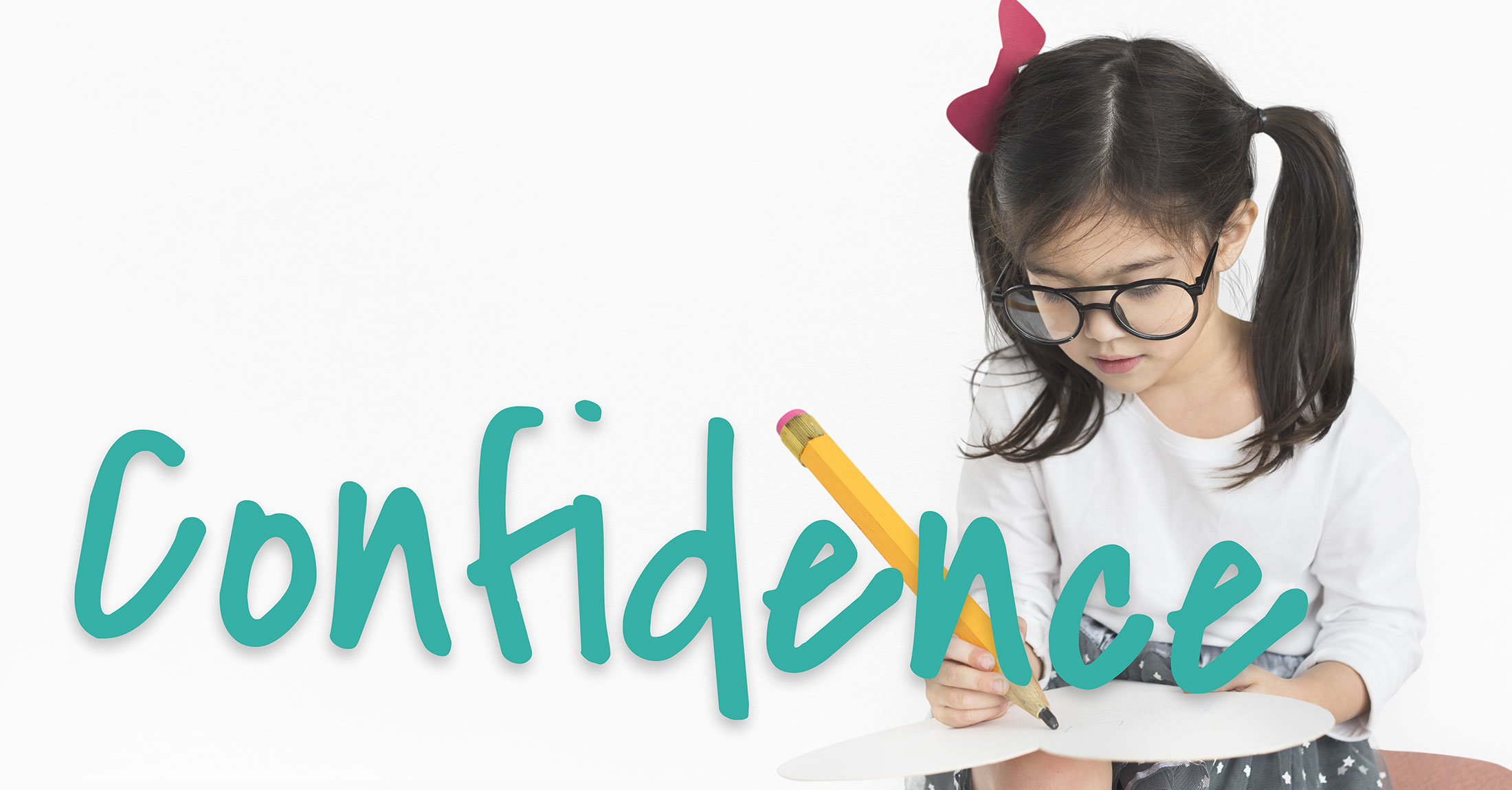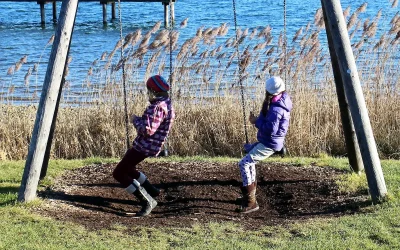How does confidence develop?
It develops over time, and with opportunities to feel good about oneself.
However, people don’t necessarily feel confident or secure in every aspect of life. For example, Eden feels great about her ability in math and science, but less competent when it comes to artistic or athletic activities. Mateo is poised in small group interactions but he lacks confidence in large social situations. Oliver loves to write stories, but his handwriting is messy and difficult to read.
That’s okay! Who among us is good at everything? Taylor Swift? LeBron James? Simone Biles? Albert Einstein? No…
CONFIDENCE: DEVELOPMENT FACTORS
There’s a common misconception that a person who appears confident is confident all the time, and in all respects. The truth is that confidence across domains is quite elusive. Few people are skilled in all they do. And, certainly not at the beginning of a learning curve as they acquire skills and knowledge, or if they lack interest in acquiring those skills or knowledge. Plus, an individual could be adept at concealing their areas of relative weakness, or choose not to let on.
A strong sense of self builds with practice, effort, supports, and encouragement. Whether it has to do with academic accomplishments, leadership endeavors, creative expression, or something else altogether, self-confidence accrues as a person learns what’s needed to fortify their ability, and then works at it. This involves putting forth time and energy (sometimes referred to as agency), seeking and applying guidance as needed (from parents, teachers, mentors, coaches, or others), setting realistic (attainable) goals, and staying engaged with a pursuit long enough to feel fulfilled by it (being persistent). Moreover, if trusted others are around to provide reinforcement and encouragement that, too, can enhance someone’s confidence. Even little gestures like a pat on the back, a warm smile, or a few kind words can be energizing.
PRACTICAL TIPS TO HELP KIDS BUILD CONFIDENCE
- Welcome and celebrate step-by-step progress. Small, incremental accomplishments add up, and lead to bigger ones. Family members can be effective cheerleaders for one another as everyone follows their aspirations and carves paths forward.
- Appreciate individual strengths and uniqueness. Sometimes learning or doing is difficult, whereas other times this happens more readily. Everyone has a different profile of abilities. Help kids figure out what might empower them in areas where they feel less sure of themselves. What materials, creative applications, equipment, technology, or information do they think would be useful?
- Prioritize. Kids do best when they focus on what’s meaningful and interesting to them. Help them determine what they want to know more about or build upon, and how to concentrate on those priorities. Confidence grows through engagement and enjoyment. (But leave time for relaxation, play, reading, and other “life-balance” priorities!)
- Encourage self-assessment. Suggest that kids keep a portfolio of their successes and learning experiences. They’ll be able to refer to it often, share it with family and teachers, and see what strategies and habits have worked well for them in the past so they can tap into them again.
- Be available to offer support. As children experience changes, revise their goals, and adjust their plans and their responses to various demands and circumstances, they may need reassurance, additional resources, or help. Don’t micromanage, but do stay attuned to what they’re experiencing, and how you can assist.
LAST WORDS: FOR PARENTS
In addition to the five above-mentioned suggestions, show optimism and faith in children’s abilities; demonstrate how to overcome obstacles; discuss the power of perseverance and hard work; and offer genuine praise as kids show courage, inspiration, and progress—and, ultimately, develop confidence.








